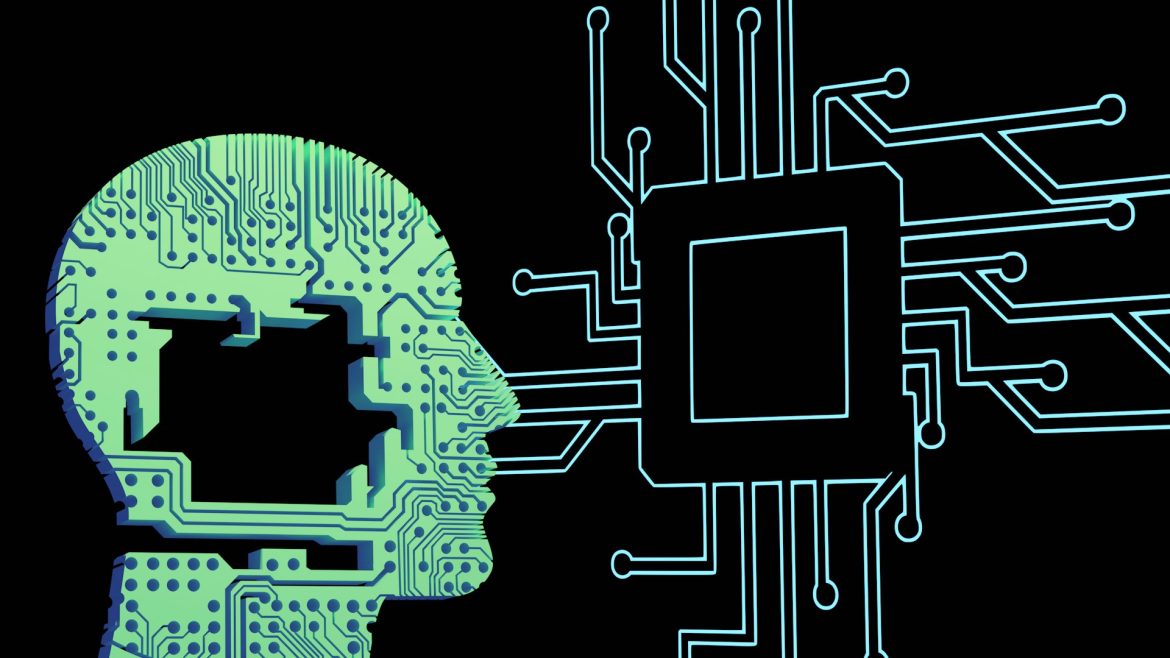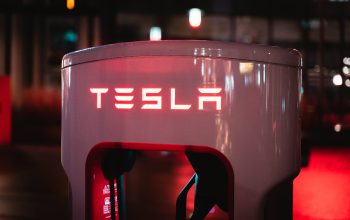Plans for Joint AI Megaproject Collapse
What was meant to be a landmark collaboration between some of Germany’s leading tech companies has fallen apart. Schwarz Digits, Deutsche Telekom, Ionos, SAP, and Siemens had spent weeks exploring a joint bid to build a European AI Gigafactory — a large-scale data centre infrastructure supported by up to 35% public funding from the European Union. But as the submission deadline looms, the alliance has disbanded, with each company now pursuing its own path.
According to industry sources and company insiders, multiple competing proposals are now expected before the Friday 5 p.m. deadline. Both Deutsche Telekom, through its subsidiary T-Systems, and the Schwarz Group, via Schwarz Digits, plan to submit independent expressions of interest. Ionos is reportedly forming its own consortium, while another initiative is said to be backed by the Bavarian state government. Observers believe additional proposals may yet emerge.
Lack of Consensus and Business Uncertainty
Although none of the companies involved have publicly commented on the details of their proposals, Ionos CEO Achim Weiß confirmed that his company had engaged in “open and constructive talks with several potential partners.” Ultimately, however, Ionos opted to move forward with partners who align more closely with its technological vision and understanding of digital sovereignty.
Deutsche Telekom also confirmed its independent submission and extended an open invitation to other companies, institutions, and organisations to join its initiative.
A Fragmented Approach to a Shared Vision
The original vision — a united German front to win one of the European Commission’s AI Gigafactory contracts — has now splintered. Industry heavyweights like SAP, Siemens, Deutsche Telekom, and Ionos were part of the initial discussions. But according to reports, negotiations failed to resolve differences over responsibilities, strategy, and — critically — the business model behind operating AI-focused data centres.
As a result, four separate bids are now expected: one each from T-Systems, Schwarz Digits, Ionos, and a Bavarian-led consortium. The breakdown of this high-profile cooperation was first reported by Tagesspiegel Background.
Massive Investment and Strategic Ambitions
At stake is a share of a €20 billion investment programme from the EU aimed at constructing five AI megacentres across Europe. Each of these Gigafactories is expected to house around 100,000 high-performance GPUs essential for training advanced AI models. These facilities are seen as crucial to helping Europe bridge the technological gap with the US and China.
The German government is keen to ensure that at least one of these AI hubs is located in Germany. This ambition is clearly outlined in the coalition agreement between the CDU and SPD parties: “We will bring at least one of the European AI Gigafactories to Germany.”
Ionos and Telekom Outline Independent Visions
Ionos reiterated its commitment to finding the right strategic fit. A company spokesperson stated that Ionos had “carefully assessed” its options and decided to partner with organisations that “complement our capabilities and share our vision for scaling, technology, and genuine digital independence.”
Meanwhile, Telekom’s representative confirmed that the firm will submit a standalone proposal and is actively seeking collaborators to strengthen its position.
Major Players Step Back from the Race
Despite their involvement in early talks, both SAP and Siemens have decided not to participate directly in the bidding process. Siemens, according to sources close to the matter, concluded that it would have little to contribute in terms of the design and operation of data centres compared to others such as SAP, and would rather act as a consultant for industrial applications.
SAP also ruled out a direct role as either an operator or investor. The company told F.A.S. that it is instead “exploring how we can contribute our strengths as a technology and software provider to potential future AI Gigafactory projects in Germany and Europe.”
High Barriers to Entry Remain
The race to host an AI Gigafactory is not only competitive — it’s expensive. Even with EU support, billions in private investment will be required. Moreover, the rapid pace of AI hardware development means that costly GPUs could quickly become obsolete, forcing operators to deal with accelerated depreciation.
As the deadline approaches, what was once seen as a promising national alliance has fractured into competing visions, each chasing the opportunity to play a pivotal role in Europe’s AI future.



